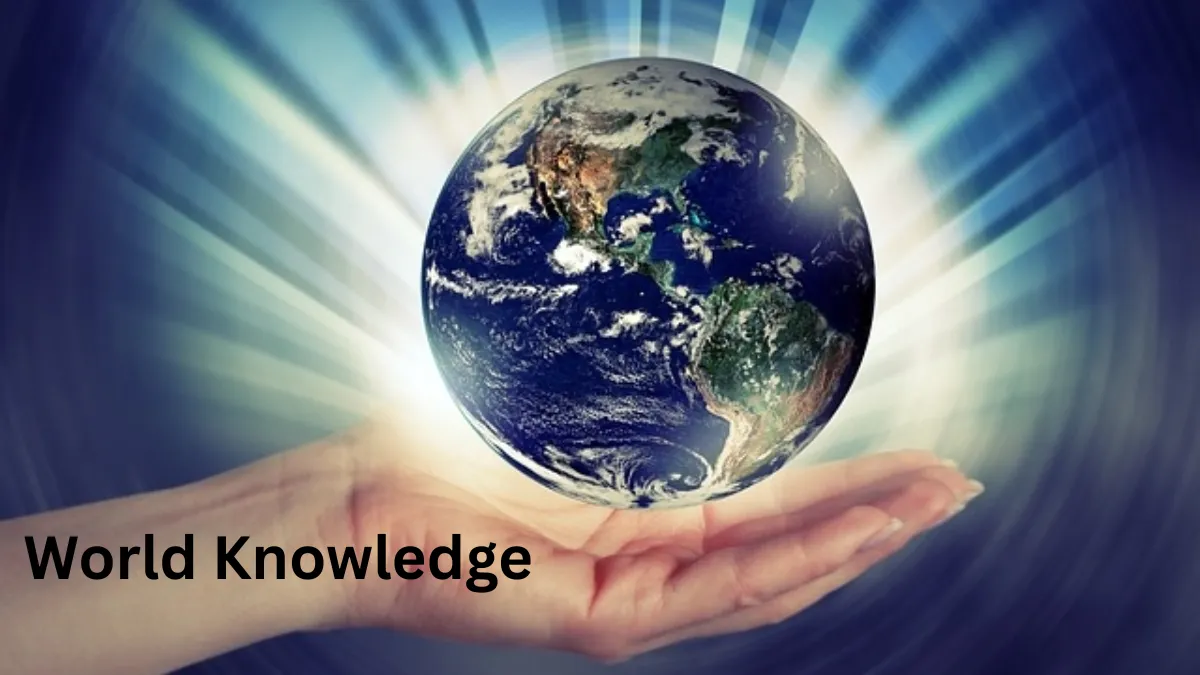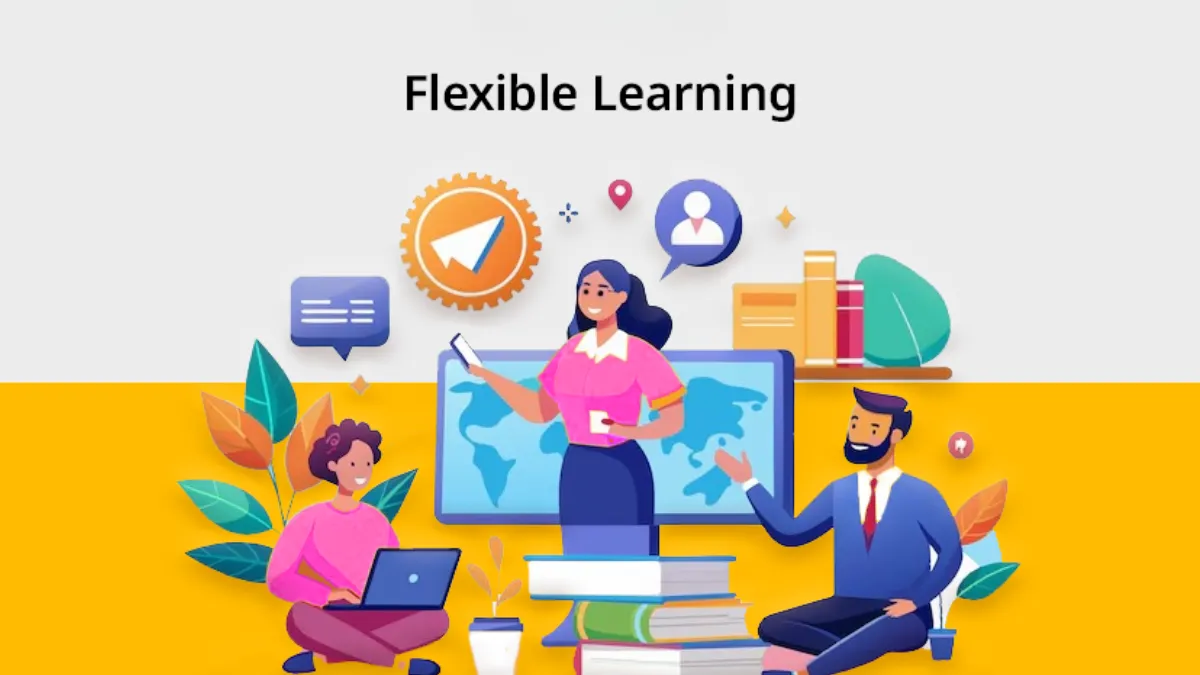World knowledge plays a vital role in shaping how individuals perceive the world, make decisions, and interact with others. In today’s interconnected society, understanding global cultures, histories, sciences, and current events is more important than ever. World knowledge helps people develop critical thinking, broaden their perspectives, and adapt to the rapidly changing environment of the 21st century.

What is World Knowledge?
World knowledge refers to the information, facts, and understanding people acquire about the world around them. It includes awareness of history, geography, cultures, science, politics, and social developments. This knowledge helps individuals form opinions, solve problems, and engage in meaningful conversations.
Importance of World Knowledge in Everyday Life
1. Promotes Global Awareness
World knowledge encourages people to learn about different cultures, traditions, and values, fostering mutual respect and tolerance.
2. Enhances Decision-Making Skills
Being informed about world events, economies, and societies allows individuals to make better personal, social, and professional decisions.
3. Builds Critical Thinking
Access to diverse information sources encourages people to analyze situations, form logical opinions, and think independently.
4. Encourages Personal Growth
Learning about the world broadens horizons and inspires curiosity, helping individuals grow intellectually and emotionally.
5. Prepares for a Globalized World
In careers and education, understanding global trends and knowledge is essential to adapt to international environments.
Sources of World Knowledge
- Books and Literature – Reading history, science, and cultural texts provides deep insights into the world.
- News and Media – Staying updated with current events builds awareness about global happenings.
- Travel and Cultural Exchange – Experiencing different cultures firsthand enhances understanding.
- Educational Courses – Formal education provides structured knowledge of various global subjects.
- Digital Resources – The internet offers access to vast information from across the world.
Benefits of Gaining World Knowledge
1. Better Communication Skills
Knowing about different countries and cultures makes conversations more meaningful and respectful.
2. Enhanced Career Opportunities
Many careers require global awareness and understanding of international relations.
3. Greater Social Awareness
Being informed about world issues encourages responsible actions and active participation in social causes.
4. Intellectual Confidence
With world knowledge, individuals can contribute to discussions and debates with valuable insights.
5. Cultural Appreciation
Understanding the uniqueness of various societies reduces stereotypes and builds empathy.
Ways to Improve World Knowledge
- Read Regularly: Books, newspapers, and magazines provide in-depth knowledge.
- Watch Documentaries: Visual learning helps in understanding complex global topics.
- Join Discussions: Participating in debates and forums enhances understanding.
- Learn New Languages: Language study opens doors to cultural understanding.
- Stay Curious: Ask questions and seek answers about the world around you.
The Role of Education in Building World Knowledge
Educational systems play a significant role in helping individuals gain a deeper understanding of global history, cultures, and scientific advancements. Incorporating world knowledge in schools and universities ensures that students grow up as informed citizens who can contribute positively to society.
World Knowledge in the Digital Age
Technology has made world knowledge more accessible than ever. Online platforms provide instant access to information, while virtual communication connects people globally. However, it is important to verify information to avoid misinformation and develop critical thinking.

Challenges in Gaining World Knowledge
- Information Overload – The vast amount of data available can be overwhelming.
- Misinformation – False or biased information can lead to misconceptions.
- Lack of Interest – Some people may not prioritize learning about the world.
- Language Barriers – Limited language skills may prevent access to global resources.
- Cultural Biases – Preconceived notions can influence how people interpret information.
Also Read:
Conclusion
World knowledge is an essential tool for personal growth, career advancement, and responsible citizenship. It empowers individuals to understand global issues, respect cultural differences, and make informed decisions. By staying curious, learning continuously, and seeking credible information, everyone can enhance their understanding of the world. As the world becomes more interconnected, gaining world knowledge is not just beneficial but necessary for thriving in a global society.
FAQs
1. What does world knowledge include?
It includes understanding history, cultures, science, politics, geography, and global events.
2. Why is world knowledge important?
It helps people make informed decisions, improve communication, and develop cultural awareness.
3. How can I improve my world knowledge?
You can read books, follow credible news sources, watch documentaries, and engage in discussions.
4. Is world knowledge important for careers?
Yes, many careers benefit from global awareness and cross-cultural understanding.
5. Can world knowledge help in personal growth?
Absolutely, it expands perspectives, builds confidence, and encourages intellectual development.
6. How does technology help in gaining world knowledge?
Technology provides access to vast information and connects people globally for knowledge sharing.
7. What are the challenges in learning world knowledge?
Challenges include misinformation, language barriers, and information overload.
8. Why is cultural awareness part of world knowledge?
Cultural awareness helps in building empathy, respect, and better relationships among people.
9. Is world knowledge important for students?
Yes, it prepares students for careers, global interactions, and responsible citizenship.
10. How can discussions improve world knowledge?
Discussions expose individuals to diverse opinions and encourage deeper understanding of topics.



